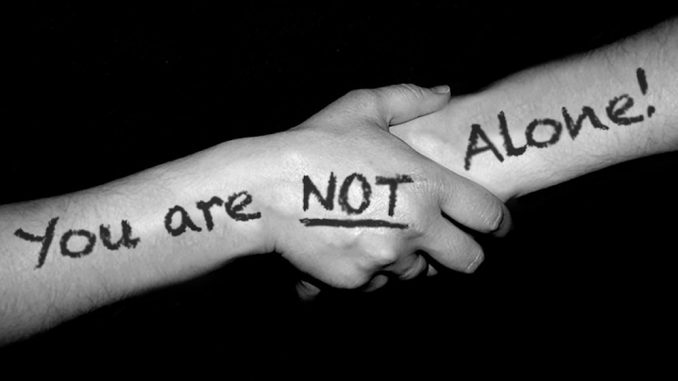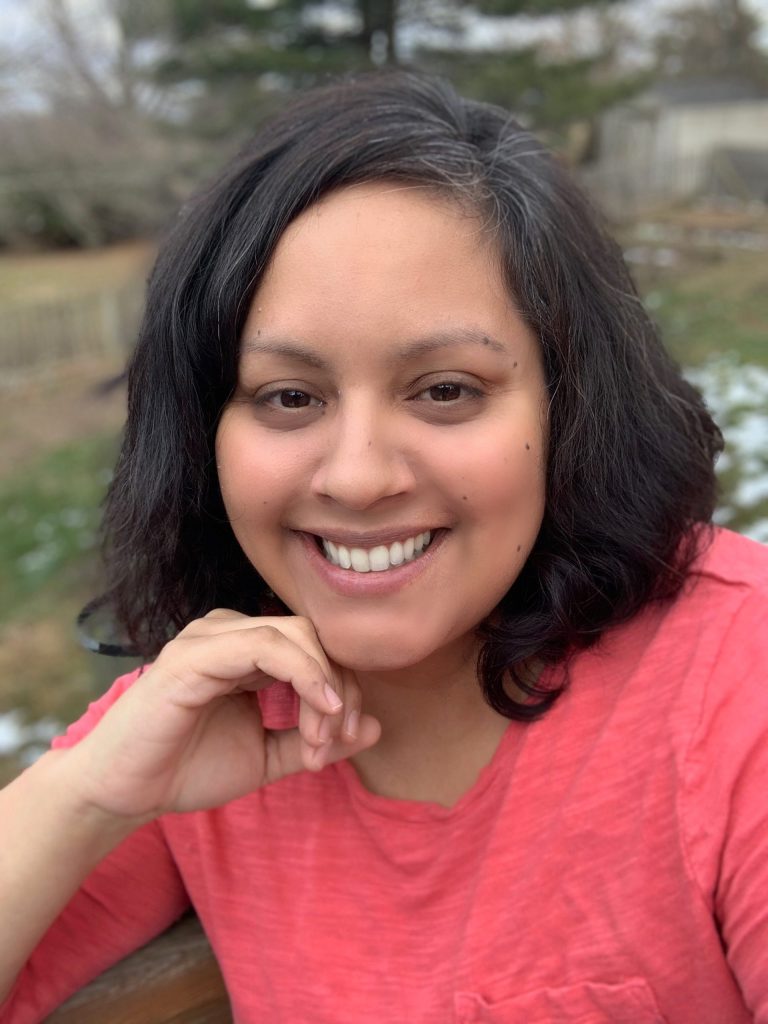You Are Not Alone
The stigma that has surrounded emotional and mental health issues is beginning to fade. Celebrities of all stripes are bravely stepping into the light to discuss their psychological and emotional health.


We’ve watched athletes step back from competition because of unhealthy headspaces. We witnessed royalty walk away from the glitz and glitter of life in a palace and then speak candidly on primetime TV about their decision. Even lesser-known public figures are using their spaces to be transparent; the stigma is fading, and in its place validity, is rising. Validation, normalcy, asking for help, and embracing self-care.
The following article originally appeared on Sunday, Aug. 8, 2021, under the blog heading of www.elizarkelley.com. Eliza has kindly given her permission for it to be reposted. Her wish is that it reminds you that you are not alone. Everyone struggles, even in the best of times, and sometimes we need help recognizing that we have neglected ourselves.
Most especially ourselves. At the beginning of this year, I, like so many others, was optimistic for a better year. Anything had to be better than 2020. Unfortunately, when the survival instinct of staying safe through a pandemic and political upheaval waned, I was left with an overwhelming amount of anxiety.
Again, like so many people, I had used up all my energy maintaining a balance between social distancing, virtual learning, work, and family that I had nothing left for my own emotional and mental health.
Failing to practice self-care led to a breakdown
Literally.
It took an honest conversation with my husband for me to seek help from a professional. It took encouragement from my friends to be 100% open with my spouse and it took me showing up in tears to an outing for me to admit to anyone, myself included, that I was struggling and that I need help.
And the first thing my provider said to me was, “You are not alone.”
Those words lifted a massive weight from my chest. I had put this enormous pressure on myself to make sure everything was running smoothly. There’s a societal misconception that we must be the glue for everyone but ourselves. Therefore, we tend to sacrifice our bodies, our emotions, and our personal goals for our families.
We forget that we have a safety net, we forget that we have a circle of friends ready to carry us; we forget that we have parents and siblings that are willing to hold us up. Most importantly, we forget that we have life partners/spouses that we should lean on in times of strife. That as much as they lean on us, they need us to lean on them.
But as my ANP stood in the cold masked, shielded, goggled, gowned, and gloved listening to me spew everything out, I was reminded how very un-alone I am. I wish I had been brave enough to say to the people that love me, “I need help” because I could have felt better a whole hell of a lot sooner.
She assured me that everything I was feeling was perfectly normal. Even under the best of circumstances, we get overwhelmed, and 2020/2021 truly sucked on all levels. She was proud of me for coming to her. She recommended medication and continued evaluation of therapeutic needs. It was life-altering.
Once my brain chemicals balanced out, I was able to function at a level of calm I haven’t felt in years. I was able to examine all the stressors in my life and prioritize them. I looked at all the things I could control and had to place some things in my “future endeavors” basket. As sad as that made me, it was for the best.
Over the last eight months, I have been practicing maintenance. Self-care and checking in with my emotions to limit the anxiety. I’ve been keeping up with my meds, drinking more water, and finding a routine that works best with all things I want and need to accomplish.”
We want to thank Eliza for her generosity in sharing. Like her healthcare provider, we applaud her for asking for and getting help. We appreciate the bravery it takes to expose your vulnerabilities to heal.
One of the common barriers we see with people who may potentially come in for therapy is they see coming into therapy as “something is wrong with me.” They view vulnerability as a weakness. Resistance to get help with mental health oftentimes is due to the misunderstanding of being vulnerable with your emotions. Like Eliza, many of our clients discovered that the word vulnerable has a new meaning, STRENGTH.
We, therapists, protect feelings of vulnerability by listening deeply and avoiding platitudes. We are aware that seeking mental health counseling exposes a “weakness,” real or perceived. As we build trust in the therapeutic relationship, they begin to develop strength out of the crisis that brought the two together. As the strength grows, perception about vulnerability changes. The person begins to realize that it’s a sign of strength to dive into their vulnerabilities, they learn that they become more confident and assured of themselves.
Sounds like an oxymoron? Strength to expose and work through vulnerabilities? Yes! Therapeutically, the word crisis means threat and opportunity. If we can view vulnerability as both weakness and strength, true healing can occur!
We echo Eliza’s wish that if her article resonated with you that you’ll reach out. You are not alone!
Written by Roy Sanders, MDiv, DTh, BCCP
September 2021
Disclaimer: At Healing Roots Wellness Center, we’re committed to supporting your mental well-being with professional care and guidance. The information shared in this blog is for educational and informational purposes only and is not intended as a substitute for personalized mental health support or medical advice, diagnosis, or treatment. While we are qualified mental health professionals, we do not diagnose medical conditions. If you have specific concerns about your health or well-being, we encourage you to seek advice from the appropriate healthcare provider. Healing Roots Wellness Center does not endorse any specific tests, products, procedures, or opinions mentioned in the blog. Reliance on the information provided is solely at your own risk. Remember, your mental health journey is unique, and the right support can make all the difference.
At Healing Roots Wellness Center, we’re committed to supporting your mental well-being with professional care and guidance. The information provided throughout our website – including blog posts, articles, and other content – is for educational and informational purposes only. It is not intended as a substitute for personalized mental health support or professional medical advice, diagnosis, or treatment. While we are qualified mental health professionals, we do not diagnose medical conditions. If you have specific concerns about your health or well-being, we encourage you to seek advice from the appropriate healthcare provider. Healing Roots Wellness Center does not endorse any specific tests, products, procedures, or opinions mentioned on our website. Reliance on the information provided is solely at your own risk. Remember, your mental health journey is unique, and the right support can make all the difference.
Whether you’re ready to schedule a free consultation or just have a few questions before getting started, you’re in the right place.
Pilar offers a compassionate, safe space to explore the impact of trauma, relationship wounds, anxiety, overwhelm, and the everyday pressures of life. If you’re longing for more authentic connection — with others and with yourself — this form is your first step.

Whether you’re seeking support for anxiety, chronic illness, trauma, parenting stress, or something else entirely — this is a safe and simple first step.
This short form will help us get to know what kind of care you’re looking for and match you with the best clinician for your needs. You can choose someone specific from our team or let us help place you with a therapist who aligns with your goals and preferences.
You’ll also have the chance to select the areas you’d like support with — whether that’s just one specialty or several.

